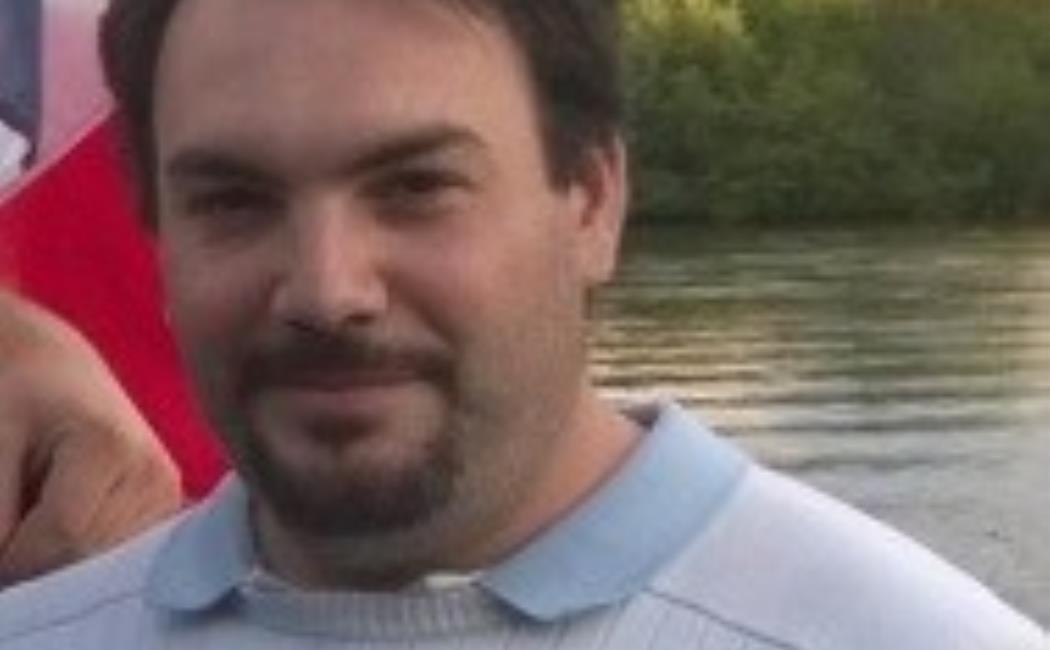

KSC SEMINARS

Date & Time: Thursday 9th March, 2017 at 3pm
Venue: Building 5, level 5, room 5209
Light refreshments will be provided.
Abstract: In recent years, thin-film organic solar cells have attracted considerable interest motivated by the possibility to develop light-weight and cost-effective photovoltaic energy sources by means of simple low-environmental impact processes. On the longer term organic photovoltaics could be expected to provide a possible complement or alternative to silicon technology.
Intensive multi-disciplinary research efforts developed in the past decade have generated impressive progress and several groups have recently announced conversion efficiencies exceeding 12%.
While highly efficient solar cells have been initially fabricated using soluble conjugated polymers, the inherent polydispersity of conjugated polymers, the variability of their structural regularity, molecular weight and chain-length distribution as well as the presence of eventual end-group can render problematic the reproducibility of the structure and purity of the macromolecular materials and thus of the performances of the resulting devices.
As an alternative approach, the use of conjugated molecular chromophores as donor and or acceptor materials present several specific advantages in terms of unequivocal monodisperse chemical structure and reproducibility of synthesis and purification.
In this presentation, the molecular engineering of various classes of synthetically accessible molecular donors, and more recently, molecular acceptors for organic solar cells will be discussed on the basis of the analysis of structure-properties relationships with an emphasis on the synthetic accessibility, structural control of the light-harvesting properties, energy levels of the frontier orbitals and carrier mobility.
Biography: After graduating in 2008 from the University of Nantes where he received a Master degree specialized in Fine Organic Chemistry, Clement Cabanetos undertook a PhD at the CEISAM laboratory, University of Nantes (France), focusing on the design and synthesis of new cross linkable macromolecular materials for nonlinear optical applications under the supervision of Dr Fabrice Odobel and Pr. Laurent Fontaine. Further to completion, he joined the Beaujuge group in 2011 (KAUST) as a postdoctoral fellow to prepare macromolecular material for organic photovoltaic applications. In 2013, he passed the entrance exam to the CNRS and joined the "Systemes Conjugués Linaires" group in Angers. From then, he devotes most of his work to the synthesis, characterization and preliminary evaluation of molecular donors for OPV, and more recently, extended his activity to the preparation of single component materials and fullerene-free molecular acceptors.